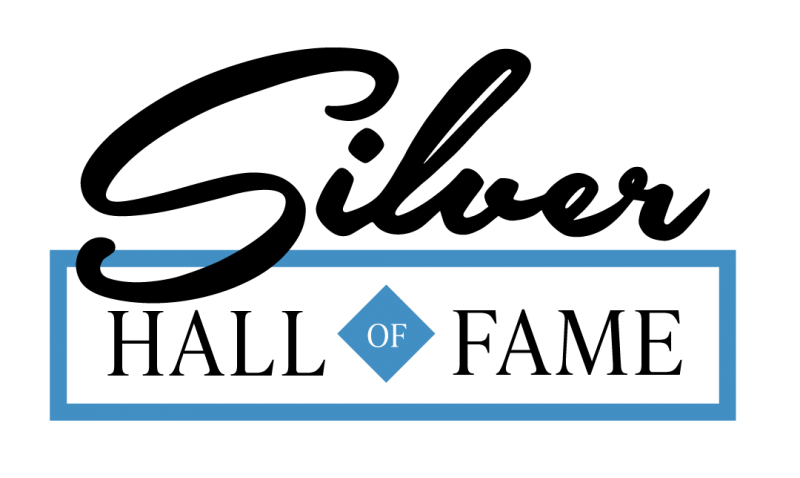Potter's field
A potter's field, paupers' grave or common grave is a place for the burial of unknown, unclaimed or indigent people. "Potter's field" is of Biblical origin, referring to Akeldama (meaning field of blood in Aramaic), stated to have been purchased, with the coins that had been paid to Judas Iscariot for his identification of Jesus, after Judas' suicide, by the high priests of Jerusalem. The priests are stated to have acquired it for the burial of strangers, criminals, and the poor, the coins paid to Judas being considered blood money. Prior to Akeldama's use as a burial ground, it had been a site where potters collected high-quality, deeply red clay for the production of ceramics, thus the name potters' field.
Origin
The term "potter's field" comes from Matthew 27:3–27:8 in the New Testament of the Bible, in which Jewish priests take 30 pieces of silver returned by a remorseful Judas:
Then Judas, who betrayed him, seeing that he was condemned, repenting himself, brought back the thirty pieces of silver to the chief priests and ancients, saying: "I have sinned in betraying innocent blood." But they said: "What is that to us? Look thou to it." And casting down the pieces of silver in the temple, he departed, and went and hanged himself with a halter. But the chief priests, having taken the pieces of silver, said: "It is not lawful to put them into the corbona, because it is the price of blood." And after they had consulted together, they bought with them the potter's field, to be a burying place for strangers. For this the field was called Haceldama, that is, the field of blood, even to this day. — Douay–Rheims Bible
The site referred to in these verses is traditionally known as Akeldama, in the valley of Hinnom, which was a source of potters' clay. After the clay was removed, such a site would be left unusable for agriculture, being full of trenches and holes, thus becoming a graveyard for those who could not be buried in an orthodox cemetery.
The author of Matthew was drawing on earlier Biblical references to potters' fields. The passage continues, with verses 9 and 10:
Then what the prophet Jeremiah had said came true: "They took the thirty silver coins, the amount the people of Israel had agreed to pay for him, and used the money to buy the potter's field, as the Lord had commanded me."
This is based on a quotation from Zechariah (Zechariah 11:12–13). However, Matthew attributes the quote to Jeremiah. The author of Matthew may have been mistaken. There are two other possible reasons for the reference. First, Jeremiah also speaks of buying a field, in Jeremiah 32:6–15. That field is a symbol of hope, not despair as mentioned in Matthew, and the price is 17 pieces of silver. The author of Matthew could have combined the words of Zechariah and Jeremiah, while only citing the "major" prophet. Secondly, "Jeremiah" was sometimes used to refer to the Books of the Prophets in toto as "The Law" is sometimes used to refer to Moses' five books – Genesis through Deuteronomy, the Pentateuch.
Craig Blomberg suggests that the use of the blood money to buy a burial ground for foreigners in Matthew 27:7 may hint at the idea that "Jesus' death makes salvation possible for all the peoples of the world, including the Gentiles." Other scholars do not read the verse as referring to Gentiles, but rather to Jews who are not native to Jerusalem.
Last Updated on: 2021-08-01
